class: center, middle, inverse, title-slide # Dirty Wars ## Epistemic Approaches to War and Warfare ### Jack McDonald ### 2020-01-30 --- class: inverse # Lecture Outline .pull-left[ Identifying an Appropriate Theoretical Frame Accountability for Killing Epistemic Approaches to War and Warfare ] .pull-right[ ] ??? Theoretical Frame: Epistemic Approaches to War and Warfare We’ll start this lecture by discussing what is meant by a theoretical framework, and how to figure out an appropriate research framework to tackle a given research problem. In this lecture I’ll discuss a number of different ways in which the issue of measuring civilian casualties can be approached from an academic perspective, and how each would influence subsequent research questions, and research methods. We’ll be covering a range of different approaches to the topic, notably historical debates about the problem of measuring war deaths, and public health approaches to the measurement of excess mortality during armed conflict, and the notion of epistemic duties in normative theory. Alongside this, we’ll look at the role of NGOs in the promotion of new standards for casualty reporting, and the politics of communicating war deaths. Discussion Questions: What are the important theoretical commitments of your research? How does the measurement of death shape our understanding of the nature of war? Readings: Crawford, Neta. Accountability for Killing: Moral Responsibility for Collateral Damage in America’s Post-9/11 Wars. Oxford University Press, (2013). At least one of chapters 4, 5 Crawford, Neta. Accountability for Killing: Moral Responsibility for Collateral Damage in America’s Post-9/11 Wars. Oxford University Press, (2013). Chapter 6 Murray, C J L, G King, A D Lopez, N Tomijima, and E G Krug. “Armed Conflict as a Public Health Problem.” BMJ 324, no. 7333 (2002): 346–49. https://doi.org/10.1136/bmj.324.7333.346. asd --- class: inverse # Selecting Theoretical Frameworks ??? --- class: inverse # Small Group Discussion .large[ What are the most important theoretical commitments of your research? What do you mean by "theoretical commitments"?] ??? --- # The Importance of Prior Work (& Penguins) .left-column[ 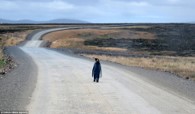   ] .right-column[ If there is no prior work on a topic, you are going to have a _really_ hard time Try to pick a research problem where - There are plenty of related pre-existing arguments, or - It sits at the intersection of two established bodies of theory Disciplines: Foundations and Baggage Hooks: Disputes, blind spots, evidence, re-framing ] ??? --- # Picking a Fight: Old Theory, New Case .pull-left[ This old theory predicts __X__, in this case, __Y__ occurs, why is that? What improvement to old theory might help us to explain the occurance of __Y__? How might we improve this aspect of old theory? ] -- .pull-right[ This pre-existing theoretical dispute between __X__ and __Y__ predicts different outcomes, yet __Z__ has not been examined in light of this dispute. Given that __X__ predicts __A__, why did __B__ happen in case __Z__? What does case __Z__ tell us about dispute between __X__ and __Y__? ] ??? --- # Picking a Fight: New Theory, Old Case .pull-left[ Current theory examines dimensions __X__ and __Y__ of case __Z__, why does current theory fail to explain dimension __A__? Given the importance of __Z__ to current theory, why does current theory fail to explain dimension __A__? Why does new theory __B__ provide a better explanation of __A__ than current theory? ] -- .pull-right[ New theory __A__ challenges existing theory __B__ by critiquing foundational assumptions __X__, __Y__ and __Z__, does this challenge hold true in the standard case __C__? Given the importance of __B__, why does __A__ provide a better explanation of __C__? What is the importance of the difference between __A__ and __B__ in case __C__? ] ??? --- class: inverse # Accountability for Killing ??? --- # Levels and Types of Responsibility .pull-left[ > Accountability can be roughly defined as the ability of one actor to demand an explanation or justification of another actor for its actions and to reward or punish that second actor on the basis of its performance or its explanation. Edward Rubin, _The Myth of Accountability and the Anti-Administrative Impulse_ ] -- .pull-left[ Two elements: Answerability, sanctions Hence, transparency (forcing agents to provide information) "Who is responsible?" = "Who can I punish?" ] ??? --- # Accountability for Killing .medium[ > In the case of systemic collateral damage, actors have created effects opposite their intention because social structure—the rules and resources created by collectives, for example, the rules of engagement, may have compromised individual knowledge and agency. ] -- .medium[ > the role of institutions in setting the conditions for systemic collateral damage is sometimes overlooked, while individuals are sometimes blamed for acts beyond their immediate control. ] -- .medium[ > States and military organizations tend to abjure their responsibility for systemic collateral damage and proportionality/double effect killing, either by excusing the deaths of noncombatants under the doctrine of double effect or by displacing responsibility on the argument that it was the other side’s fault that civilians were in the way. Philosophers have tended to avoid the issue because the dominant paradigm in moral philosophy, as in criminal law, stresses individual agency and accountability. Neta C. Crawford, _Accountability for Killing_ ] ??? --- # How Does Accountability Work? .pull-left[ 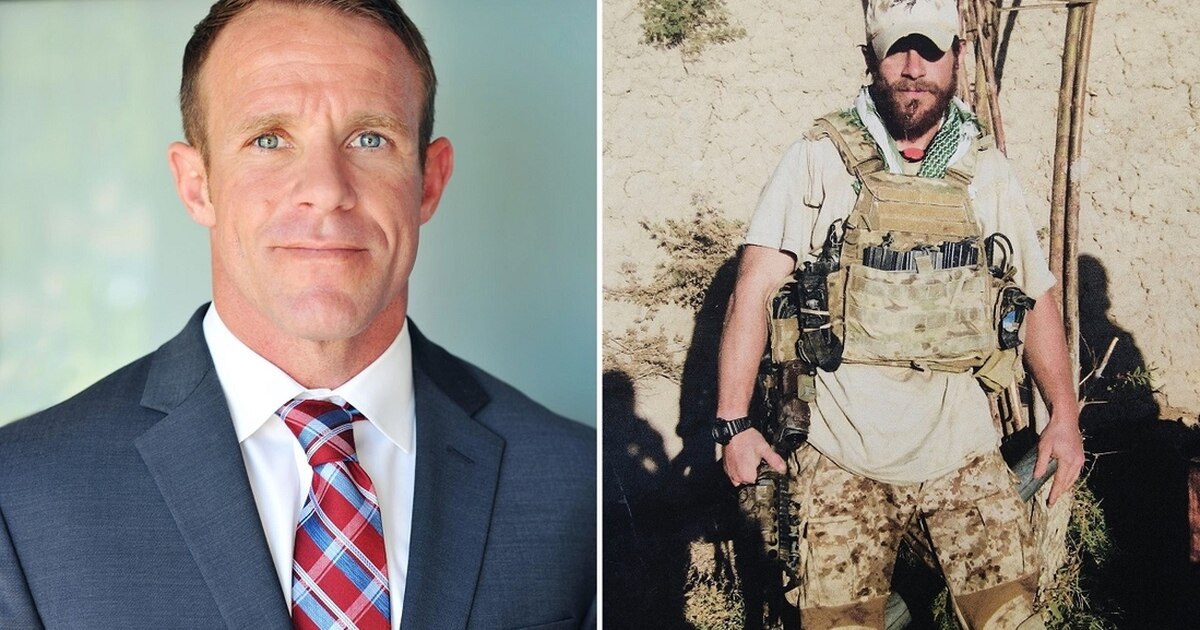 > You could tell he was perfectly OK with killing anybody that was moving. Special Operator First Class Corey Scott ] .pull-right[ Professional standards Law and political oversight Necessary accountability gaps? Accountability and responsibility in Coalitions ] ??? --- class: inverse # Small Group Discussion .question[How does the measurement of death shape our understanding of the nature of war?] ??? --- class: inverse # Epistemic Approaches to War -- .question[Why do organisations produce differing measures of attributable civilian casualties in Iraq and Syria?] ??? --- # Well, How Do People Die? .left-column[ 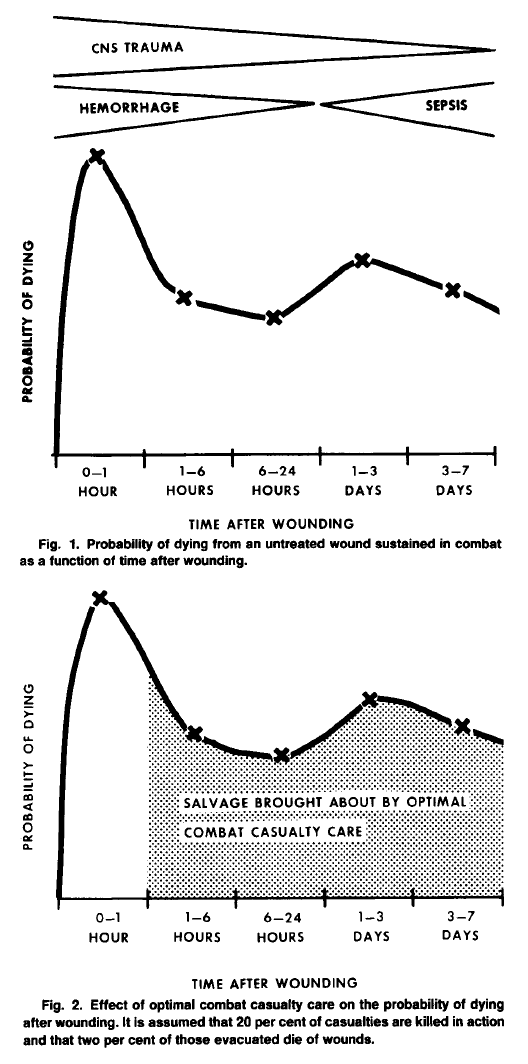 ] .right-column[ > Exsanguination causes about 50 per cent of all deaths. Trauma to the central nervous system causes about one third of all deaths. Sepsis/multiple organ failure causes less than 10 per cent of all deaths. Ronald F. Bellamy, _The Causes of Death in Conventional Land Warfare_ ] ??? /// --- # Measuring War and Warfare .left-column[ 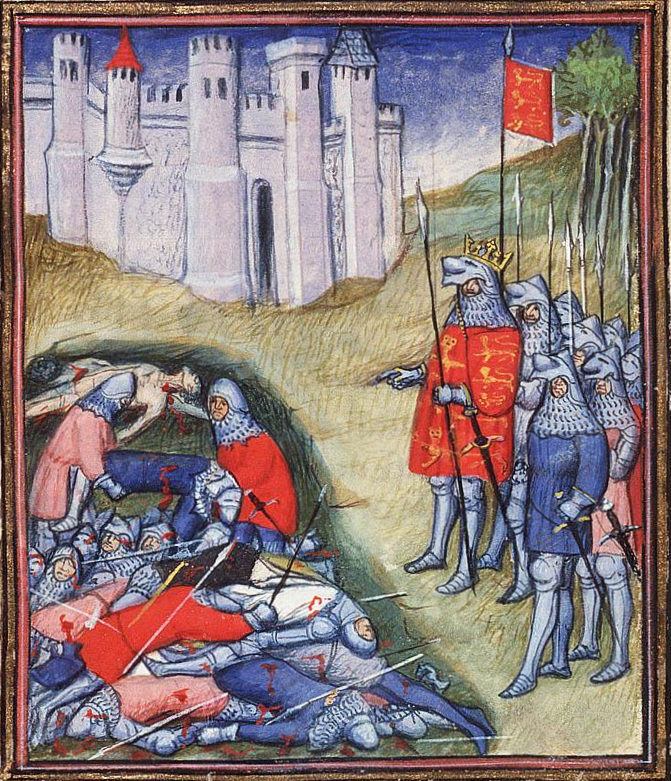 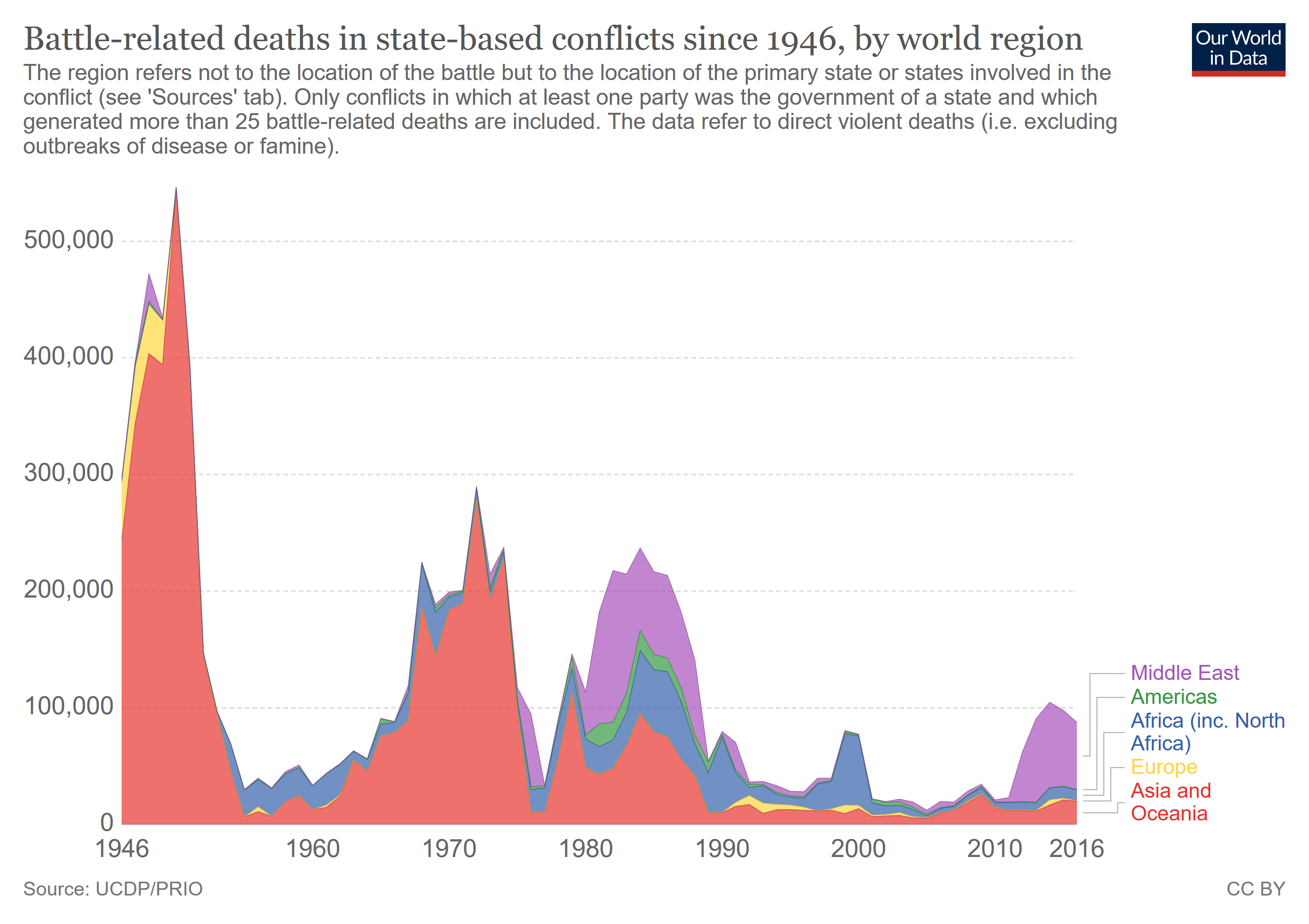 ] .right-column[ .medium[ > Why do the datasets exclude indirect deaths? It’s not to write these kinds of suffering out of the history books, but because direct deaths are the only ones that can be counted with confidence. Steven Pinker, _The Better Angels of Our Nature_ > Death is final and corpses are easier to count than the wounded. That fewer people are dying in war, however, does not mean that war is at an end. Indeed, it does not even necessarily mean that war has become more humane. Tanisha M. Fazal, _Dead Wrong?_ ] ] ??? If we understand war through battlefield mortality, what do technologies that decrease said mortality do to our perception of war --- # War and Public Health .medium[ > we have redefined complex emergencies as situations in which mortality among the civilian population substantially increases above the population baseline, either as a result of the direct effects of war or indirectly through increased prevalence of malnutrition and/or transmission of communicable diseases, particularly if the latter result from deliberate political and military policies and strategies (national, subnational, or international). ] -- .medium[ > Such emergencies have resulted during the past 30 years in the development of the two new scientific fields of emergency public health and public nutrition. ] -- .medium[ > In absolute terms, the major causes of mortality during emergencies are essentially the same as in developing countries: diarrhoeal diseases, acute respiratory infection, neonatal causes, and malaria. Peter Salama et al, _Lessons learned from complex emergencies over past decade_ ] ??? /// --- # Dirty Wars .pull-left[ 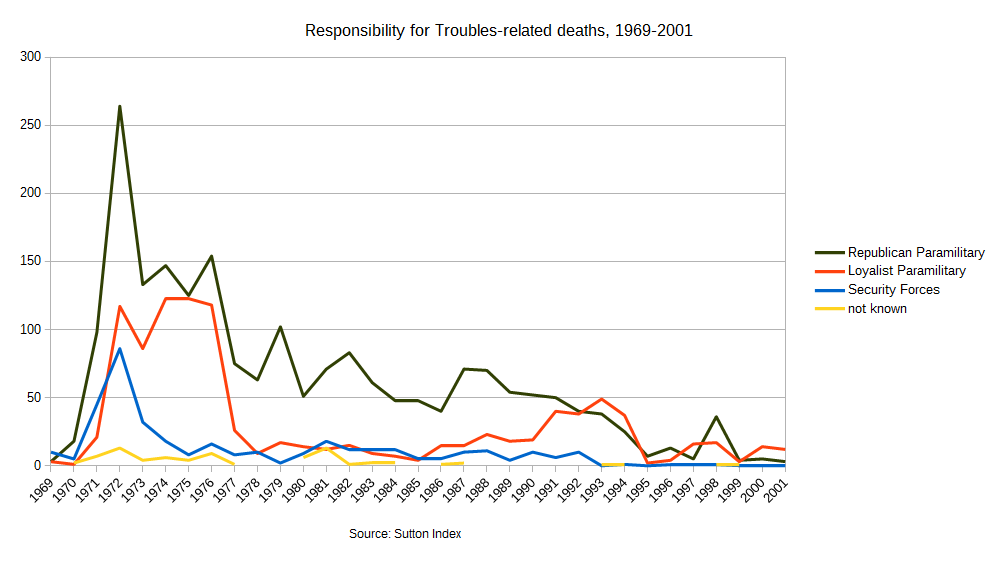 ] .pull-right[ Much of the violence in "dirty wars" is hard to quantify - Low reporting rates of sexual violence - Disappearances - Torture Consider the error rates in the case studies - N.I. is an outlier because numbers of deaths known to high degree of precision/accuracy ] ??? --- # Three Relevant Perspectives on Knowledge .medium[ > There is no power relation without the correlative constitution of a field of knowledge, nor any knowledge that does not presuppose and constitute at the same time power relations. Michel Foucault, _Discipline and Punish_ ] -- .medium[ > We can know more than we can tell Michael Polanyi, _The Tacit Dimension_ ] -- .medium[ > information is a flow of messages, while knowledge is created and organized by the very flow of information, anchored on the commitment and beliefs of its holder. This understanding emphasizes an essential aspect of knowledge that relates to human action. Ikujiro Nonaka, _Dynamic Theory of Organizational Knowledge Creation_ ] ??? --- # Organizational Knowledge Creation Theory .pull-left[ 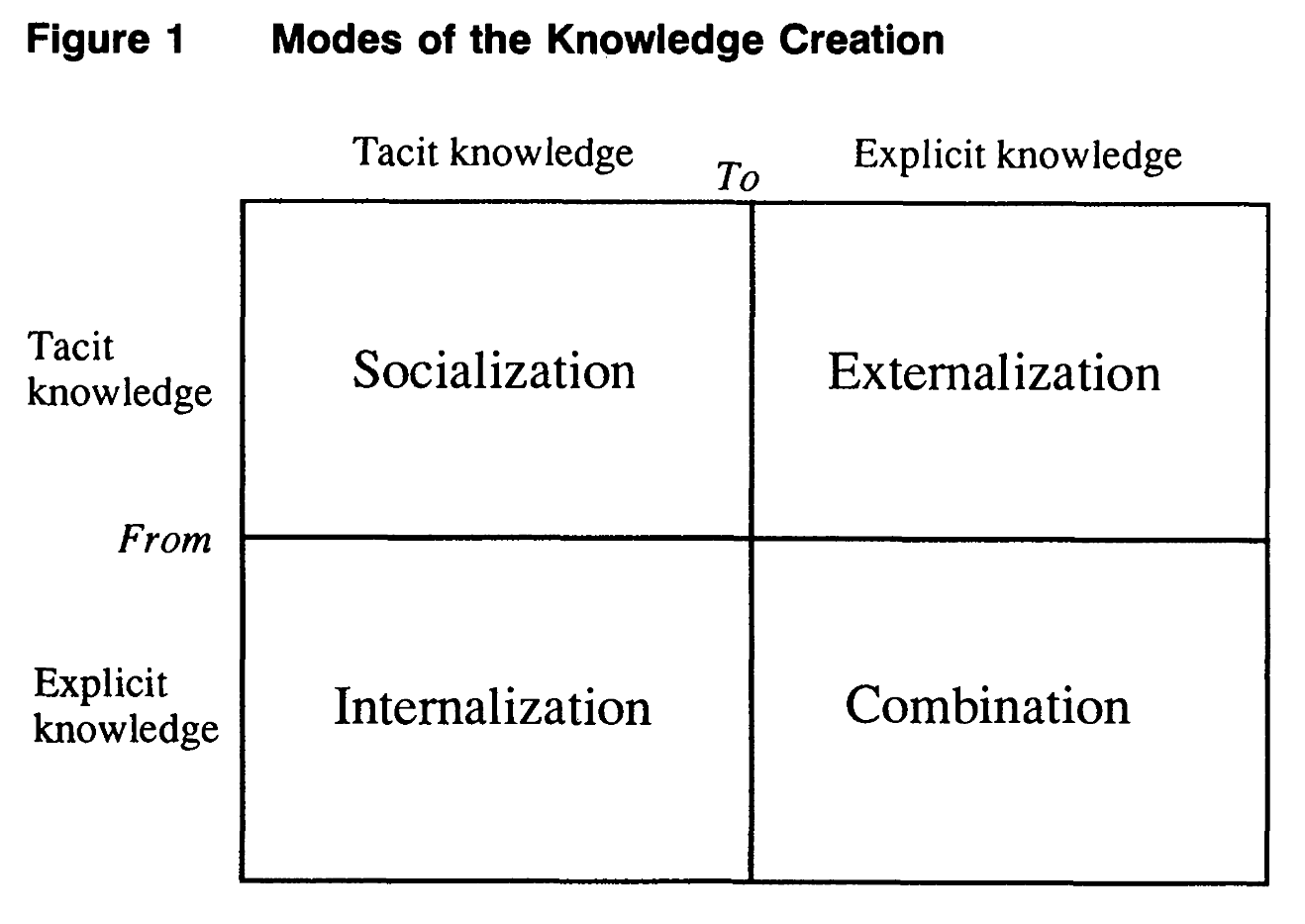 ] .pull-right[ 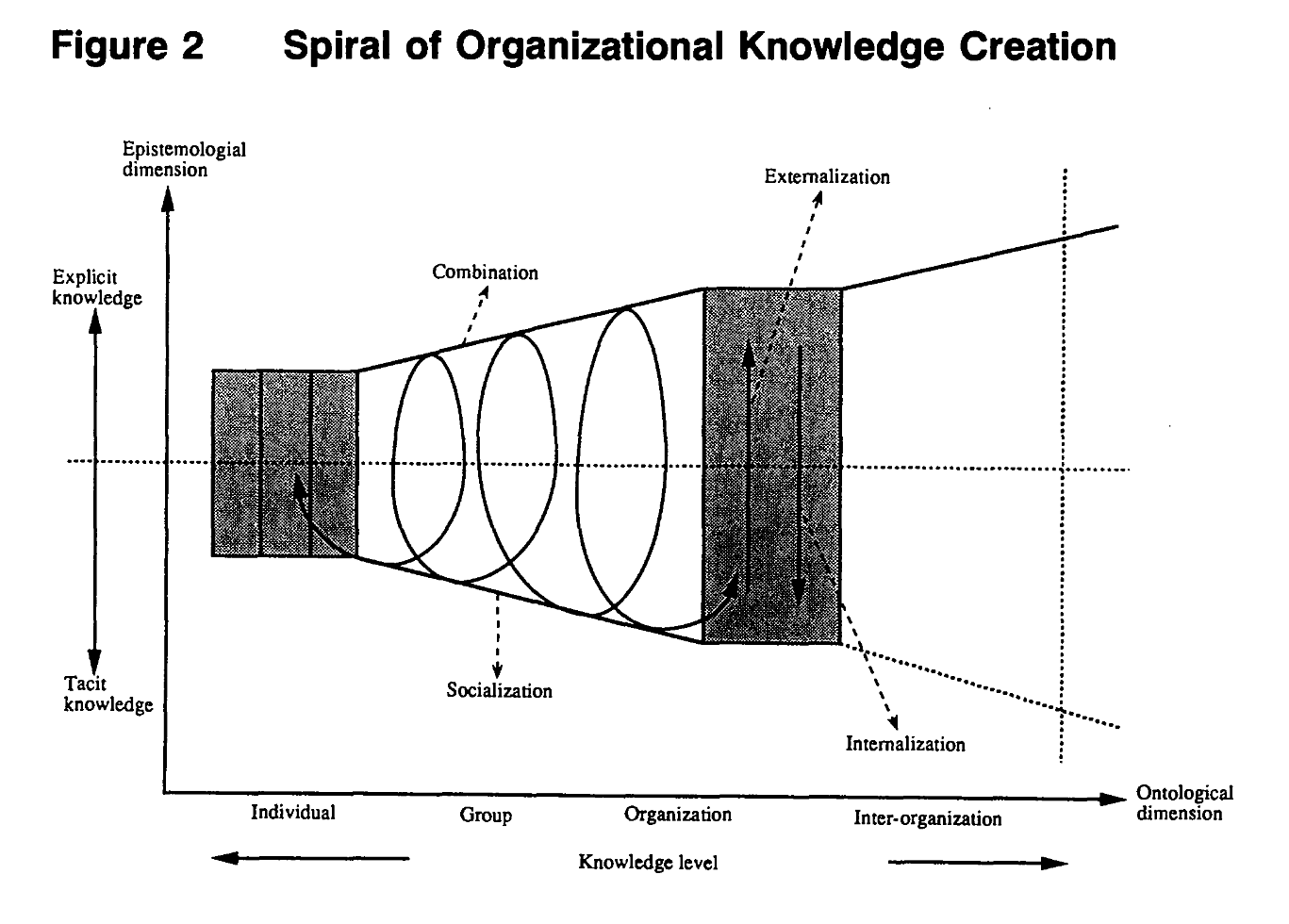 ] ??? --- # Ignorance Studies > Within the horizon of the unknown, we may come to seek a learned ignorance, to understand our search for knowledge not as a quest for certainty, but as an attempt to refine, improve, and moralize our ignorance Daniel R. DeNicola, _Understanding Ignorance_ -- | - | Good | Bad | | --- | --- | --- | | __Known__ | Differing Standards | Lying, Strategic Release | | __Not Known__ | Rational Nescience | Strategic Ignorance | ??? --- # Different Ways of Seeing War .pull-left[ 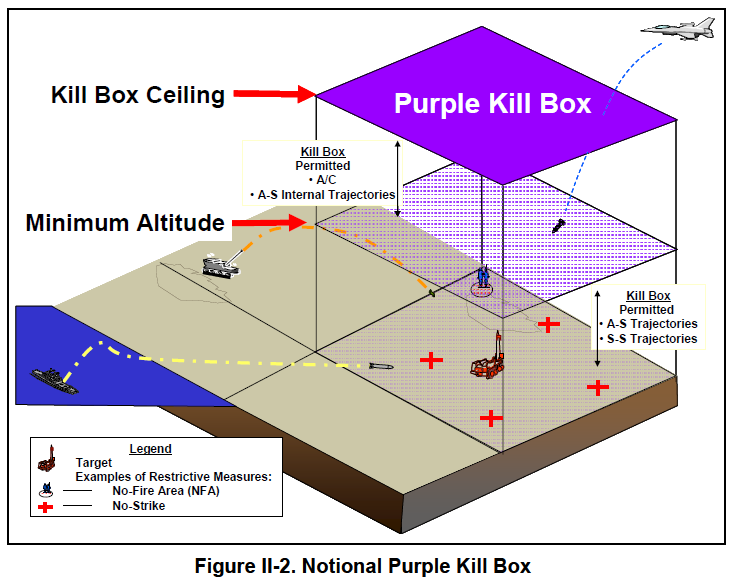 ] .pull-right[ Possible causal explanations - Fundamental differences between military/NGO reasons to perceive environment - "Intelligence truth" != "Judicial truth" != "Journalism truth" - Ability of militaries to detect CIVCAS depends upon force structure ] ??? --- # The Duty to Know in Armed Conflict > In the conduct of military operations, constant care shall be taken to spare the civilian population, civilians and civilian objects. Additional Protocol 1, Article 57(1) > If you are a military leader whose lieutenants recommend bombing a compound that might house enemy soldiers, you have an obligation to investigate — before bombing it — whether the compound really does house enemy soldiers,and whether it houses innocent civilians as well. Holly M. Smith, _The Subjective Moral Duty to Inform Oneself Prior to Acting_ ??? --- .small[ > Why do Coalition governments refuse to accept responsibility for a significant number of civilian casualties in Iraq and Syria? ] -- .pull-left[ .medium[ Dispute (OTNC) > Given that U.S. military institutions perceive civilian casualties as a strategic challenge, why do they produce different CIVCAS totals than monitoring groups? Blind Spot (NTOC) > Why do civilian NGOs appear to produce a more comprehensive account of civilian casualties in Iraq and Syria than military institutions, despite having vastly fewer resources than military institutions? ] ] .pull-right[ .medium[ New Evidence (OTNC) > Given that militaries are conservative institutions, why did CENTCOM change the way it monitored civilian casualties during OIR? Reframing (NTOC) > Given that institutions are largely ignorant of their environment, why do NGOs expect militaries to understand the complete consequences of their actions? ] ] ???